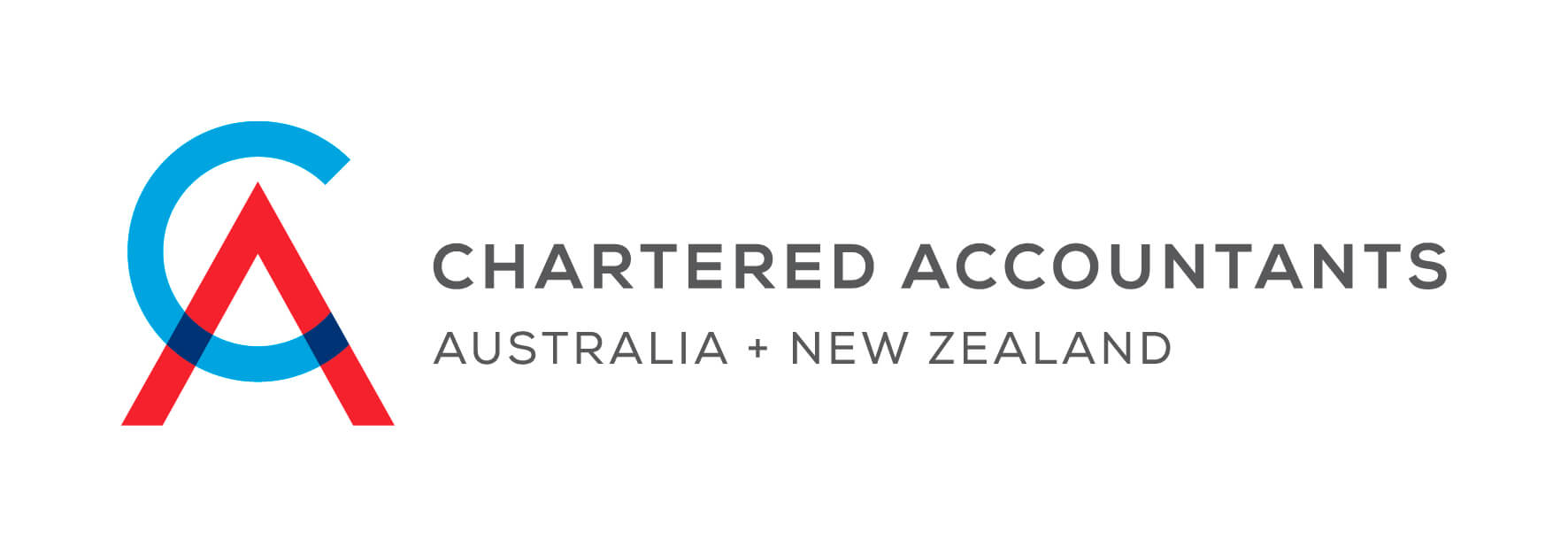The future of non-financial reporting
RegulationJo Cain, Executive Director of Materiality Counts, shares her insights into the future of non-financial reporting.

What do we want to focus on?
That’s the question behind Extended External Reporting (EER), a subject Jo Cain is passionate about. In her business Materiality Counts, she works with organisations throughout Australia and New Zealand to reinvigorate their reporting and strategy.
EER refers to the range of non-financial reporting available to businesses, with Integrated Reporting a key framework. By looking at how resources are used and value is created, preserved or eroded, businesses have a significant opportunity to engage with their stakeholders.
How can Integrated Reporting bring value to businesses? According to Jo, it’s largely about creating better relationships with stakeholders. Across the board, stakeholders are increasingly interested in factors other than financial performance. They want to know how organisations are creating value, how they use natural capital and the extent of their social and environmental impacts.
With this growing focus on non-financial information, Integrated Reporting is a way of communicating what matters to stakeholders. By taking a more narrative approach than traditional financial reporting, organisations get a chance to tell a compelling story.
“The strength of [an organisation’s] relationships with the community, customers, contractors and more also comes into play, with stakeholders interested to understand the potential for reputation risk from challenges in these relationships,” says Jo. “By outlining how these non-financial issues are tackled in their reports, organisations enhance communication with stakeholders on what really matters to them, building better relationships and ultimately creating value across the six capitals.”
The COVID-19 pandemic refocused the spotlight on non-financial reporting, too. Public health, environmental pollution and mental health are material issues for businesses. Through her materiality assessments and stakeholder interviews, Jo has found the pandemic is forcing a lot of reflection.
“Can we do things differently with better outcomes for the future?” she asks. “This reflection and resetting has increased the spotlight on non-financial issues, which will no doubt come through in the upcoming wave of annual reports.”
Undertaking a materiality assessment helps with another area: strategy. The process helps businesses work out what is important, which can in turn inform an effective strategy. According to Jo, the 17 Sustainable Development Goals set by the UN are a good place to start.
“There are a few [of those goals] that jump out as a top priority,” she says, and advises businesses to “focus on those where they can make the most significant contribution.”
While there are some goals towards which all businesses can work, such as gender equality, there will be a smaller number where they can make a significant difference based on their core business.
The future of reporting is not a one-way street, however. In Jo’s view, financial reporting should serve as a base for developing rich, useful Integrated Reports.
“It’s all financial at the end of the day,” she says. “[With EER] we’ve been slow, trying to reinvent the wheel when there’s a whole range of robust financial reporting processes, systems and frameworks we could be learning from.”
***
Jo Cain is the Founder and Executive Director of Materiality Counts, which focuses on demystifying non-financial materiality. She is a recognised leader in integrated and sustainability reporting, and has extensive experience as an Independent Non-Executive Director (GAICD).
Jo works with the top companies in Australia, New Zealand, and Asia on report development and assurance, materiality determination, strategy development, stakeholder engagement and partnerships. With over 30 years’ experience in this field, Jo also provides thought leadership and works with the International Integrated Reporting Council (IIRC), the International Auditing and Assurance Standards Board (IAASB) and the Auditing and Assurance Standards Board (AUASB) and other key bodies. Her current clients include Downer, Newcrest, Toyota and CPA Australia in Australia; and the Ministry for the Environment, Port Otago and SkyCity in New Zealand.
She will be joining a panel to speak on the topic of The Future of Financial and Non-Financial Reporting at the upcoming Chartered Accountants Australia and New Zealand Accounting Conference on 18 May. Find out more





You are not authorised to post comments.
Comments will undergo moderation before they get published.